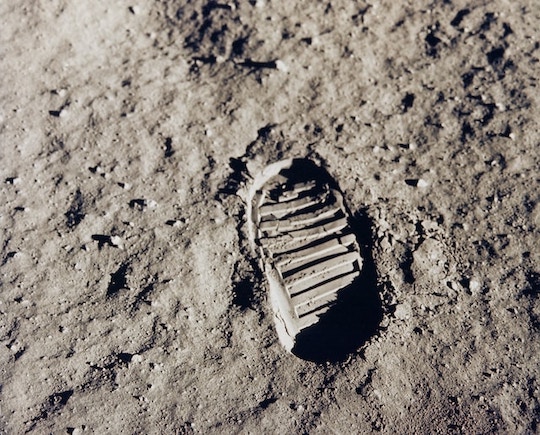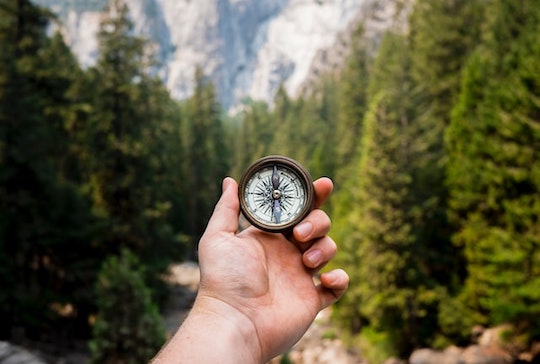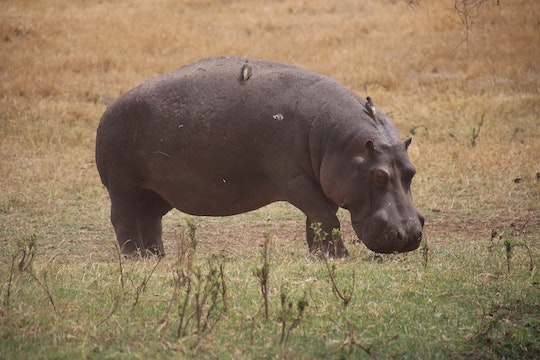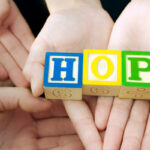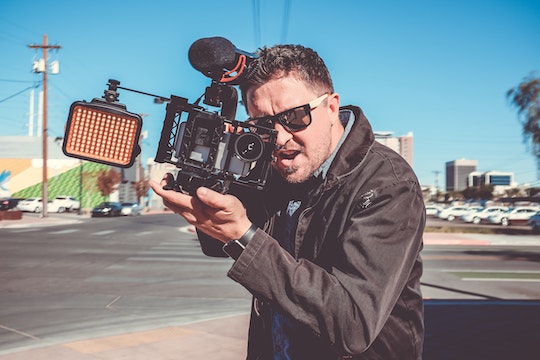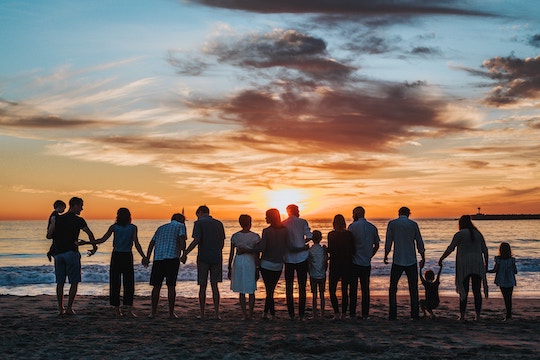“When we raise our hopes and lower our expectations, we establish a resilient way forward.”
—Seth Godin, author, entrepreneur, and teacher
I recently looked for an easy-to-understand definition of resilience. Here is what the American Psychological Association had to offer:
Resilience is the process and outcome of successfully adapting to difficult or challenging life experiences, especially through mental, emotional, and behavioral flexibility and adjustment to external and internal demands.
Seth’s view on the subject is a lot easier to understand and implement!
EXERCISE:
In what areas of life would raising your hopes and lowering your expectations boost your resilience and help you move forward?


